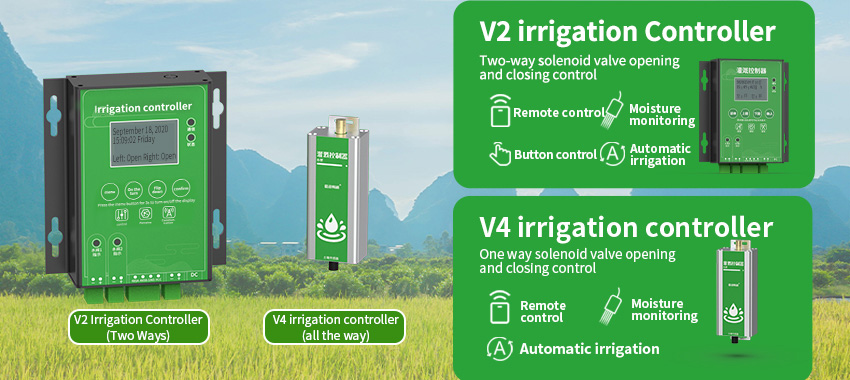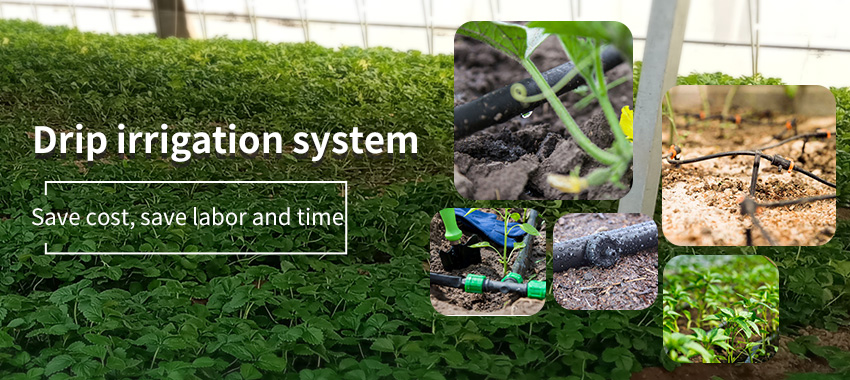Irrigation system controller are indeed making farming smarter and more efficient. These controllers use technology to automate the process of watering crops, which can save time, money, and resources for farmers.

The role of irrigation system controllers
One of the primary benefits of irrigation system controllers is that they can help farmers reduce water waste. These systems are designed to deliver precise amounts of water to crops, which can help farmers avoid over-watering and under-watering. By delivering the right amount of water at the right time, these systems can help farmers conserve water and improve crop yields.

In addition to water conservation, irrigation system controller can also help farmers save time and labor. These systems can be programmed to operate automatically, which means that farmers don’t have to manually water their crops. This can free up time for other tasks, such as planting, harvesting, and maintaining equipment.
Finally, irrigation system controllers can also help farmers save money by reducing the amount of water and energy they use. By using water more efficiently, farmers can reduce their water bills and energy costs.
Overall, irrigation system controller are a great example of how technology is making agriculture smarter and more sustainable. By using these systems, farmers can improve their efficiency, reduce their environmental impact, and produce more crops with less resources.